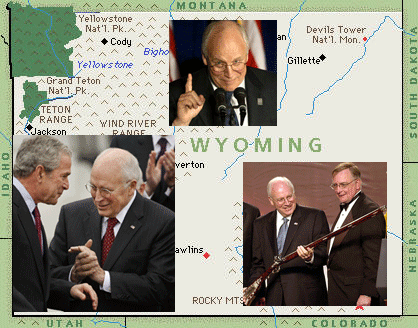
The Iraq War will not go away with a whimper. There are too many callous individuals with a vested interest in suicide bombing and too little real progress in everyday security and opportunity. The pundits, some swirling like vultures and others cooing like doves, are picking apart the pieces of the Bush administration’s bungling. One of the main players, who probably was not booted out too soon, was Paul Bremer, the Old West style sheriff of Iraq from May, 2003 until June, 2004. Among the more controversial decisions made under Bremer was the dissolution of the Iraqi Army. It is hard to find anyone these days who thinks this was a good idea, given that it was an army of conscripts who were quite likely to follow orders and help restore order. But Bremer is cashing in on the pundit circuit. Here is an interview given to the newspaper Asharq Alawsat. Some of the insights are enlightening. For instance, the military found Saddam by getting information freely given by an insurgent with no waterboarding in sight. But on other matters, Bremer lives up to the old saw that history is a pack of lies agreed upon. The only problem is that few people, and certainly few historians, will agree with Bremer. There, of course, lies the problem.
Asharq Al-Awsat Talks to Paul Bremer (Part One)
By Talhah Jibril, Asharq Alawsat, May 12, 2009
Washington, Asharq Al-Awsat – Paul Bremer was the de-facto Governor of Iraq between 11 May 2003 and 28 June 2004 in his role as the head of the Coalition Provisional Authority. As US Administrator of Iraq Bremer was the chief executive authority in the country and was effectively in charge of all Iraqi civil administration following the collapse of Saddam Hussein’s regime, and prior to the creation of the Iraqi Interim government. Bremer’s stewardship of Iraq was plagued with controversy, particularly his decision to disband the Iraqi army, as well as his implementation of the policy of Debathification. Critics have attributed the strength of the insurgency and the worsening situation in Iraq during this period to some of his policies. Continue reading Bremer vs. History: There Lies the Problem →







